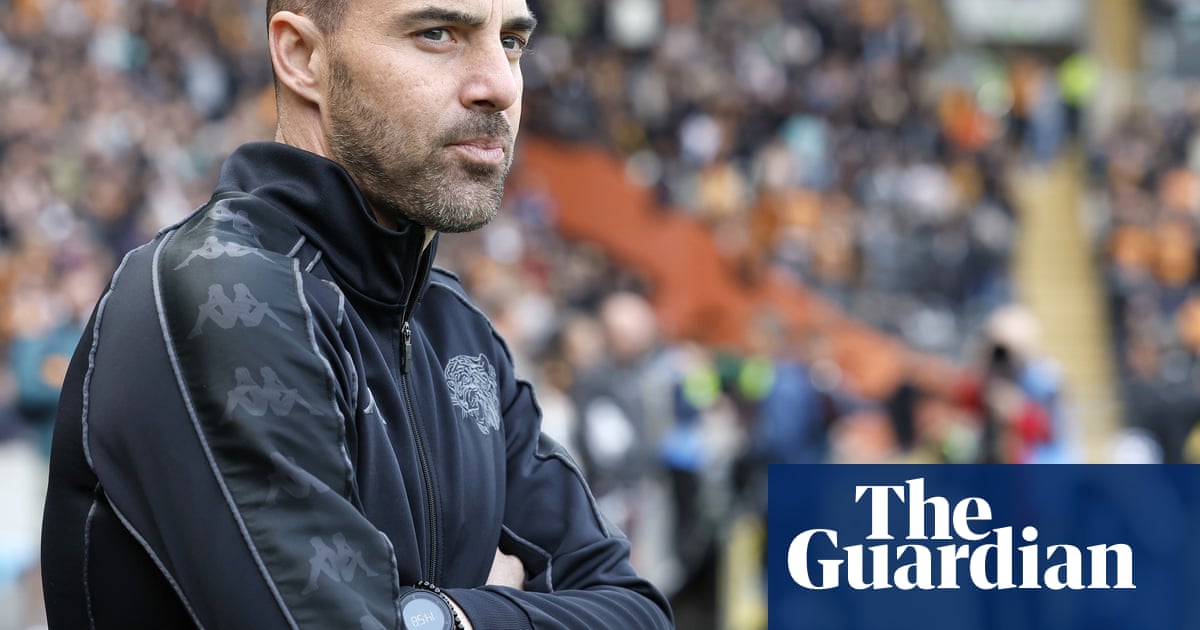The recent decision by Hull City to part ways with head coach Rubén Sellés, despite the team avoiding relegation, raises intriguing questions about the club's management and future direction. This move reflects ongoing turbulence within the organization, especially considering Sellés is the third manager to be dismissed under the ownership of Acun Ilicali in a span of just twelve months.
Management Instability
The sacking of Sellés highlights a pattern of instability in Hull's management. Appointed less than six months ago, Sellés managed to steer the team away from relegation, yet the club's leadership still deemed it necessary to make a change. This decision may indicate a lack of confidence in his ability to meet the club's ambitions and the overall strategic vision set forth by Ilicali.
Public Perception
The club's statement about the need for a "change in leadership" suggests that they aim to project a commitment to improvement and ambition. By framing the decision as a strategic move to align with their aspirations, Hull City might be trying to maintain a positive image among fans and stakeholders. However, frequent managerial changes can also lead to frustration among supporters who may perceive a lack of stability and direction.
Concealed Issues
While the announcement focuses on the need for change, there may be underlying issues that the club is not addressing publicly. The repeated managerial changes could signify deeper problems within the club, such as inadequate player performance, poor recruitment strategies, or a disconnect between management and the coaching staff.
Manipulation Potential
This news article, while factual in reporting the events, could be seen as serving a dual purpose: informing the public while also shaping their perception of the club's direction. The language used emphasizes the necessity for change, potentially manipulating public sentiment to support future decisions made by the club's leadership. The manipulation could stem from the narrative that portrays the management as proactive and ambitious, despite the chaotic circumstances.
Comparative Analysis
When compared to other clubs undergoing similar managerial upheavals, Hull City’s situation may not be unique, but it stands out due to the rapid frequency of changes. This could suggest a larger trend in the football industry where clubs are quick to make decisions in a bid to achieve immediate success, reflecting a broader culture of impatience in sports management.
Impact on Communities and Economies
The ongoing instability in managerial positions could have repercussions beyond the club itself. It may affect local businesses that rely on matchday revenues and could lead to a decline in community support if fans become disillusioned with the club's direction. Economically, the club's fluctuating performance and leadership might also impact sponsorship deals and overall financial health.
Community Support Base
The article may resonate more with dedicated Hull City supporters and football enthusiasts who are keenly aware of the implications of management changes. It also targets those interested in the broader dynamics of football management, particularly in the context of club ownership transitions.
Market Reactions
While this news may not directly influence stock markets, it could affect investments related to Hull City and its business operations. Investors may be cautious with a club facing management instability, and this could reflect on associated companies or sponsors linked to the team.
Global Context
This decision may not have significant implications on the global balance of power in football but reflects ongoing trends in club management that resonate with current discussions about leadership and accountability in sports.
Artificial Intelligence Influence
The writing style and structure of the article appear consistent with standard journalistic practices, suggesting that artificial intelligence may not have played a significant role in its creation. However, AI tools could assist in analyzing performance data or in crafting narratives that align with public sentiment, although such influence is not explicit in this case.
Ultimately, the reliability of this news rests on its factual reporting of events, though the framing and context may influence public perception. The club's repeated changes in leadership point to a pressing need for stability and a clear vision moving forward.
